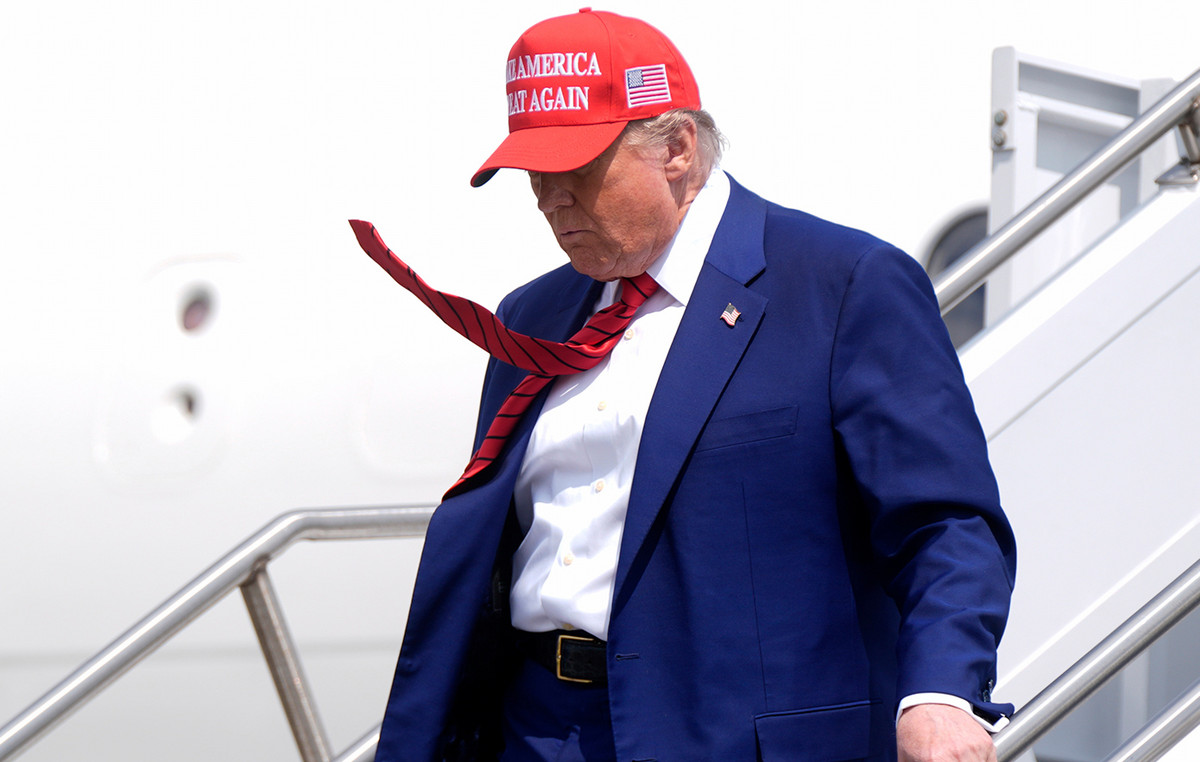The National Association of Directors of Federal Institutions of Higher Education (Andifes) will decide next week whether to present an action to the Supreme Court (STF) against the position of the Ministry of Education (MEC) prohibiting the requirement of proof of vaccination against Covid- 19 on back to school.
The rule published this Thursday (30) in the Official Gazette of the Union is signed by the Minister of Education, Milton Ribeiro.
AT CNN, the president of Andifes, Marcus Vinicius David, criticized the measure and said that if maintained, it could significantly impact the beginning of the year in federal universities. He recalled that educational institutions have guaranteed autonomy, wounded by the Constitution with the determination of the MEC this Thursday.
“The date for publishing this ordinance is terrible, the end of the year, it is difficult to mobilize the entire board. But we’re going to have to make a decision on whether or not to go to court quickly next week. January is a school month for many universities,” said Marcus Vinícius David.
David, who is also the dean of the Federal University of Juiz de Fora, said that the decision of the Ministry of Education is the result of a political position, not a scientific one. “The current government does not want to intensify vaccination policies. It is natural for federal institutions to also become a target”, he stated.
The report also spoke with Denise Pires, dean of the Federal University of Rio de Janeiro (UFRJ). According to her, the university community and the rectory have already decided for the mandatory proof of vaccination against covid-19 and the measure will remain in force at the university. In a statement, the UFRJ called the MEC’s decision to prohibit the requirement of vaccination a “mistake” and stated that the Ministry’s order “disrespected the didactic-scientific, administrative and financial and patrimonial management autonomy of universities”.
After positioning the universities, CNN contacted the MEC. In response, the Ministry informed through a note that “the requirement of a vaccination card is unconstitutional as a prerequisite for returning to face-to-face activities.”
Also according to the MEC, “the Federal Institutions of Higher Education – IFES, as well as other federal public agencies and foundations, do not have the competence to, exclusively through administrative act, promote the requirement of vaccination against SARSCOV-2 as a requirement for access to its facilities.”
Full of the MEC note:
The Ministry of Education (MEC) clarifies that the requirement for a vaccination card as a prerequisite for returning to face-to-face activities is unconstitutional.
Federal Institutions of Higher Education – IFES, as well as other federal agencies and public foundations, do not have the competence to, exclusively through an administrative act, promote the requirement of vaccination against SARSCOV-2 as a requirement for access to their facilities.
The legislative competence is exclusive to the Union to legislate on conditions related to the exercise of work by federal public servants of Federal Institutions of Higher Education – IFES, as well as regulate those who have a special relationship of administrative subjection with it, which includes, certainly, the requirement of a vaccination passport for the exercise of such activities in person, since they are subject to the specific and specific legal regime of relationships established with federal public entities.
Universities can organize their activities and services according to decisions of their own representative bodies, not exempting them, however, from the provisions of laws that may exist.
Therefore, there is no direct legal link between the universities’ capacity for administrative self-organization and the requirement of vaccination against a specific pathogen of their professors and students.
Reference: CNN Brasil







